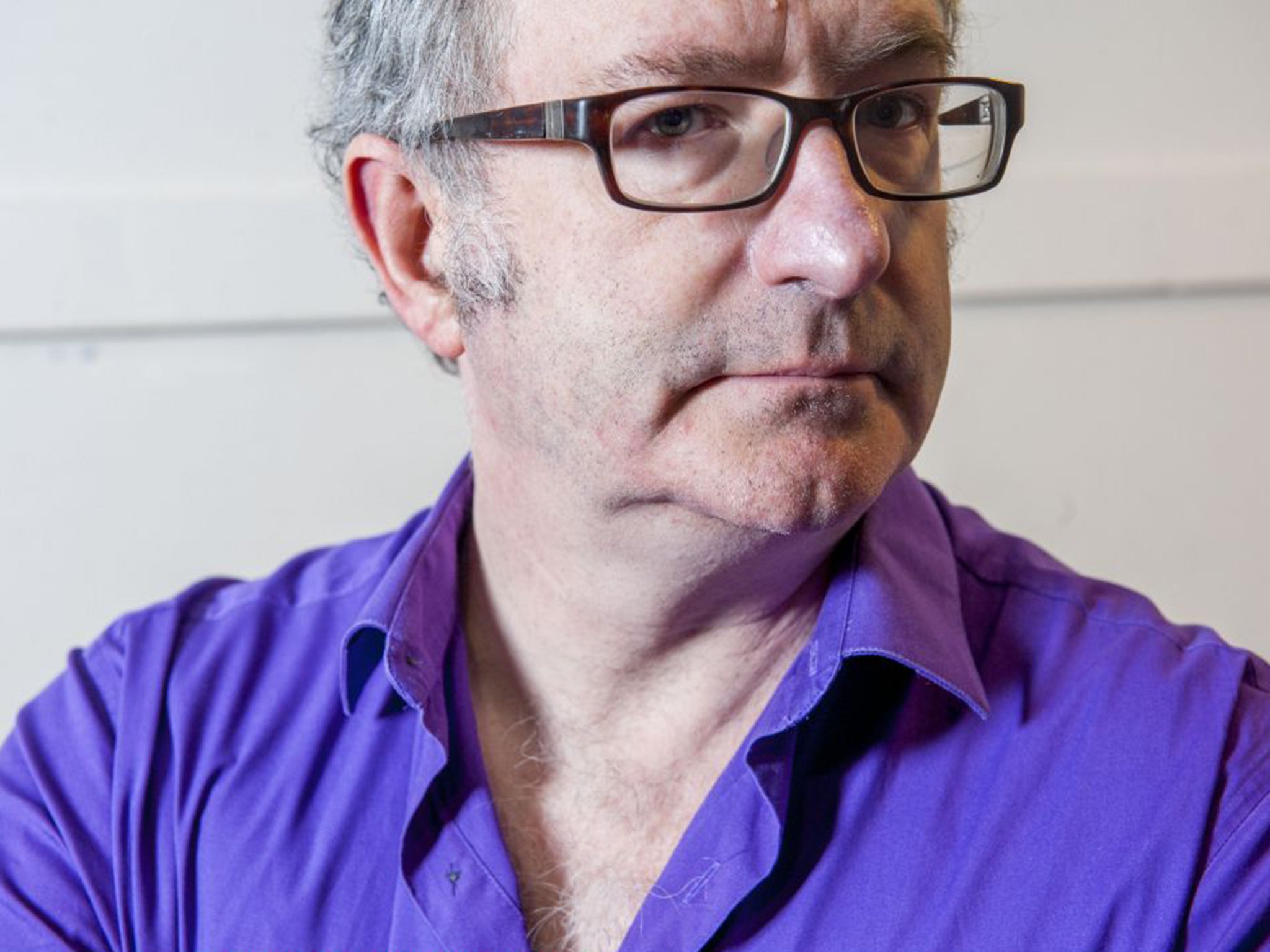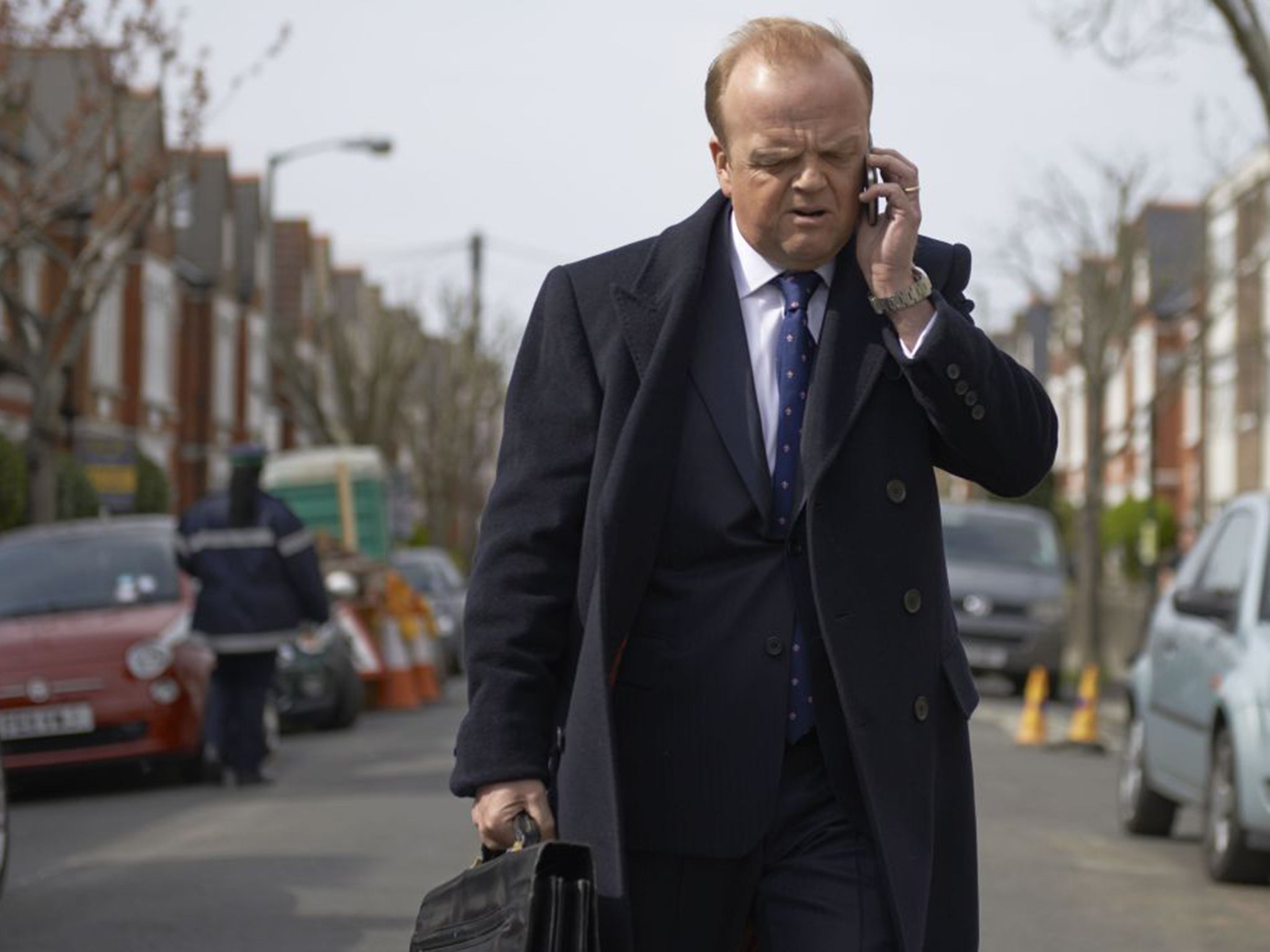John Lanchester: Capital author says Britain is heading towards another property bubble-fuelled economic crisis
A novel set in London during the 2008 crash is updated with alarming ease

The author of the best-selling credit-crunch novel Capital has claimed that Britain is heading for another property bubble-fuelled economic crisis, because politicians have failed to learn any lessons from the 2008 crash.
John Lanchester, whose acclaimed novel has been adapted for a BBC1 drama, said he felt “outraged” that insufficient action had been taken to deal with the regulatory vacuum which contributed to the credit crunch.
Set on a single gentrified street of multimillion-pound houses in south London on the cusp of the crash, Capital follows the impact of the unfolding financial crisis on residents including a smug banker and his spendthrift wife, a sick widow and a Muslim family.
A portrait of greed and fear, the novel was praised for illustrating the impact of the meltdown on interconnected characters ranging from Polish builders to a Zimbabwean parking attendant.
Toby Jones and Lesley Sharp star in the BBC1 adaptation, which updates the setting to the present day. The Libor scandal and the lure of Isis to vulnerable young Muslims forms the present-day backdrop. Each month is marked on screen by the soaring value of the £2m Pepys Road properties.
A report by economists at UBS last week found that house prices in London are the most over-valued of any major city in the world and are in “bubble-risk territory”.
Foreign investment, the Help to Buy scheme, high yields for buy-to-let landlords, and population growth have all led property prices in the capital – where the average house price has reached £500,000 – to de-couple from incomes. The result could be a “substantial price correction” if the conditions for investment deteriorate, the UBS report says.

Lanchester, whose non-fiction book Whoops! analysed the roots of the 2008 crisis, said he was shocked that the Capital story could so easily translate to the present day.
“I would have been outraged, appalled and incredulous if you had told me that a story set in real time in 2008 would not need to be updated,” he said.
“My sense when writing it was that there would be a great dramatic irony for the reader, who would know what the characters didn’t – that this was all about to go pop. It’s astonishing that we’re now back in another property boom.
“On a political level, it’s very cynical. Politicians have had a good view of a debt-fuelled housing bubble and now we have a housing bubble as a deliberate act of policy.”
In the BBC adaptation Jones stars as the banker Roger, whose career is shattered by a Libor-style banking scandal. The residents are sent intimidating, anonymous postcards which read: “We want what you have.” Middle-class aspirations including basement conversions and pomegranate molasses are mocked in the series, adapted by Peter Bowker, the writer of the Bafta-winning BBC drama Marvellous.
Bowker said: “The most startling thing is we didn’t have to change anything to make it contemporary. We haven’t learned anything from the credit crunch.
“When I was growing up two things we never talked about were religion and house prices. Now they’re all we talk about. Any type of recovery is predicated on an inflationary property market today. People’s economic and social wealth is tied up in their ability to buy a house.”
Wunmi Mosaku, the Nigerian-born British actress who plays a Zimbabwean asylum-seeker working illegally as a traffic warden, said: “I hope this series changes people’s ideas. I’m an immigrant; I identified with the character; so it matters to me. Most people don’t want to leave their home unless they’re running away from something worse.”
Join our commenting forum
Join thought-provoking conversations, follow other Independent readers and see their replies
Comments